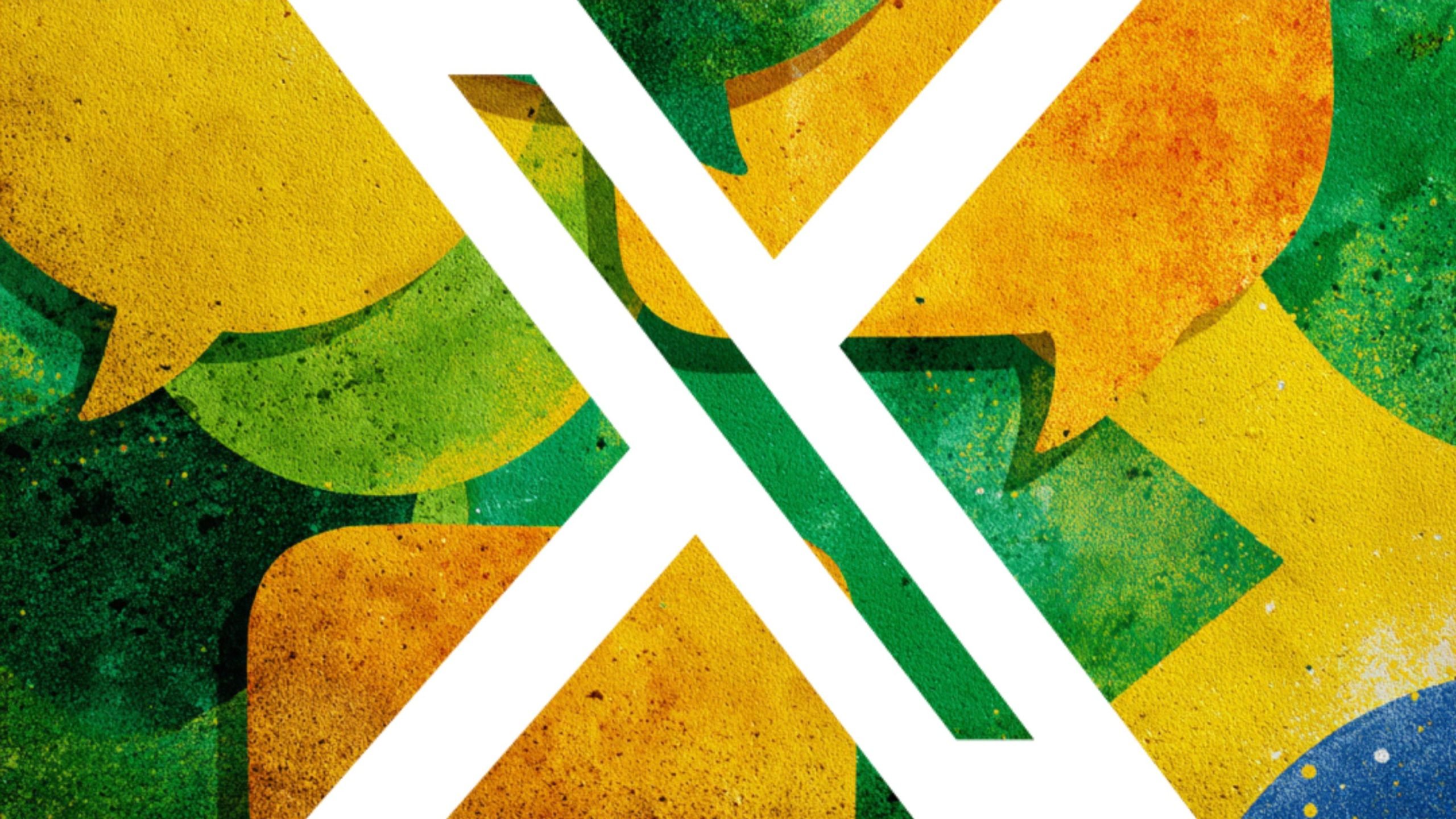As part of an ongoing investigation by the US Trade Representative (USTR) into Brazil’s treatment of American digital platforms, X has filed a stark warning about what it describes as intensifying threats to freedom of expression and the rule of law in Brazil.
The USTR probe, focused on policies that may harm US companies, closed its comment period on August 18, with a hearing scheduled for September 3.
We obtained a copy of the comments for you here.
X’s submission outlines a series of aggressive measures by Brazilian authorities that the company says are undermining internet freedom and imposing extraterritorial censorship demands.
Among the most concerning developments, according to the platform, is a ruling from Brazil’s Supreme Court in June 2025 that gutted a core protection in the country’s 2014 internet law, the Marco Civil da Internet (MCI).
By declaring Article 19 partially unconstitutional, the ruling opened the door for tech platforms to be held legally responsible for user-generated content, without requiring judicial oversight.
This, X argues, has increased operational burdens and incentivized preemptive content removals.
The platform also warned that Brazil’s judiciary, particularly under Justice Alexandre de Moraes, has been issuing covert content removal orders targeting journalists, politicians, and even US users.
These directives are often enforced without any notice or opportunity to appeal, a practice X says raises serious concerns about due process and transparency.
Further, the company expressed alarm over Brazil’s Superior Court of Justice asserting jurisdiction beyond its borders. According to X, the court has ordered content to be removed globally, even when such content is legal in countries like the United States. The court has described this overreach as a “natural consequence” of the internet, a justification X contends disregards international legal norms.
X also highlighted what it sees as the Brazilian judiciary’s disregard for the US-Brazil Mutual Legal Assistance Treaty (MLAT).
The company says Brazilian courts are pressuring local affiliates to hand over user data and communications without going through formal diplomatic or legal channels, even when this conflicts with US law.
Having operated in Brazil since 2012, X emphasized that the country represents one of its most significant markets.
But it now finds itself navigating a tightening web of censorship mandates and punitive enforcement tactics, which it views as incompatible with principles of free expression and democratic governance.
The company’s appeal to the USTR comes at a time when digital platforms face increasing pressure from governments worldwide to comply with opaque, extralegal demands.








